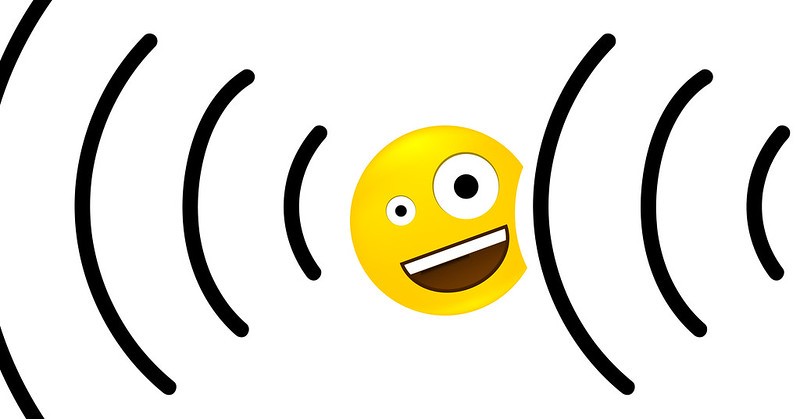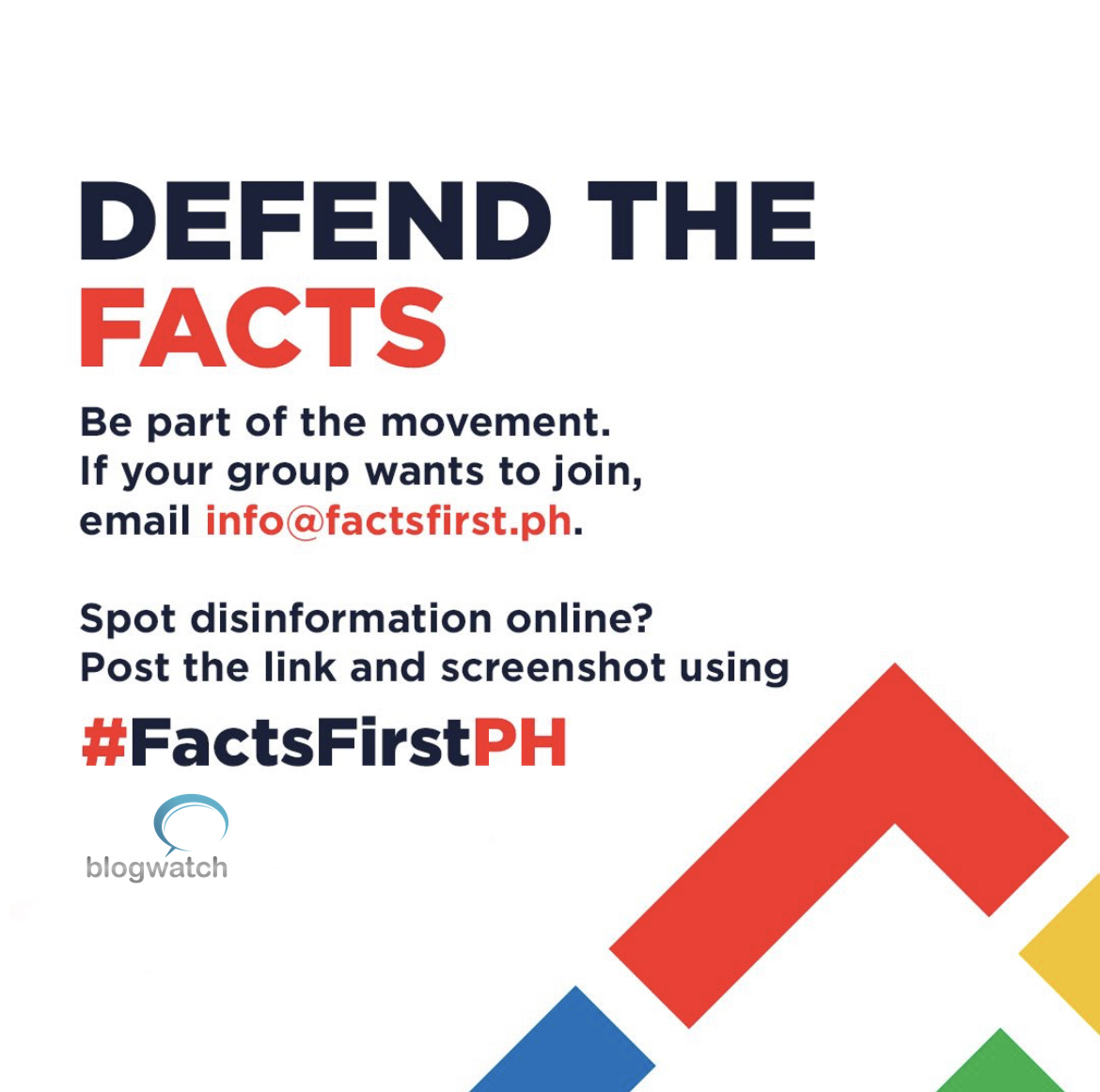The battleground is outside this echo chamber
“I AM part of the solution #KulayRosasAngBukas” was one of my tweets that garnered a modest amount of likes on Twitter. The hashtag campaign #KulayRosasAngBukas, which started a day prior to the proclamation rally, occupied the top spot-on Twitter trends in the Philippines for hours. Many friends on Facebook also flooded my timeline with pink profiles and cover photos.
“The rose is the symbol of our campaign because, in our country, the rose also stands for love, hope and a better life,” said Barry Gutierrez, spokesperson for Vice President Maria Leonor “Leni” Gerona Robredo. When interviewed by a reporter on February 7 at the Leon Q. Mercado High School, Robredo explained how pink represents our aspiration of what we would be if the government is honest.
Robredo added that our future does not depend on just one leader. No matter how good the leader is, if they couldn’t inspire the person to be part of the solution, then the problem we face daily would be the same.
While I am pleased to witness the spontaneous shower of pink colors, I know that the algorithms on my social networks are dictated by my engagements. Obviously, the echo chambers are deafening. Will sticking it around in my echo chamber help my presidential candidate win? Marielle DeVos writes about “The Echo Chamber Effect: Social Media’s Role in Political Bias.”

Social media sites foster confirmation bias because of their basic function. DeVos explains that “regardless of the specific algorithm, social media sites like Facebook, Reddit, Twitter, Instagram and even YouTube, serve the same basic function: to connect groups of like-minded users together based on shared content preferences.” Grouping users is not problematic.
However, with politics, it favors groupings with common beliefs. “This system isolates the members of these groups from outside influence because their feed is flooded with content that appeals to their group, thus reinforcing their shared narrative. This phenomenon is most obviously seen with Facebook and Reddit; Facebook groups and subreddits are notorious for fostering conspiracy theories and creating a group versus group mentality that further fuels political divide and bias,” DeVos added.
Whether or not one is decided on a presidential candidate, it is important to fact-check information that is shared in your echo chamber. Individuals need to be intentional about how they interact on social media. Seek current information and research beyond what they see or hear on social media. If you want your candidate to win, it is important to get out of your comfort zone. Majority of social media users are on Facebook, but have you tried TikTok, Instagram Reels and YouTube Shorts? What about group chats on Messenger, WhatsApp, or Viber?
This is what I have discovered in the last two months as I created more videos on YouTube, Instagram and TikTok. The audience of TikTok is not always on Twitter. Same goes with YouTube or Instagram Reels. I report on trending hashtags on Twitter in these social networks. My TikTok on #MarcosDuwag received a high number of views within 24 hours because I asked the undecideds and supporters of Marcos Jr. to express their thoughts in the comment section.
I shared the video file with my husband on Viber. Soon after, he shared it with his college group and before the day ended, my friends in another Viber group asked me if I was the one in the video. Some group chats comprise members who are still undecided or choosing between Robredo or Sen. Panfilo “Ping” Lacson. Sixty-one percent of traffic sources on YouTube are from suggested videos and browse features. An example of the top content is “Twitter Feedback of Boy Abunda interview with VP Leni Robredo #LeniAngatSaLahat.” Perhaps “Boy Abunda” is the keyword they are searching for. Or they are interested to know more about “Leni Robredo.” People search for complementary news or opinions about a hot topic.
Ed Alegre Jr, a Robredo supporter on Twitter, suggests the practice of sharing our political thoughts on Facebook instead of Twitter. “The battleground is definitely outside this echo chamber. Or at least share Leni-related things on Facebook. A little could go a long way.”
Be part of the solution.
This was first published at the Sunday Business & IT, February 13, 2022


